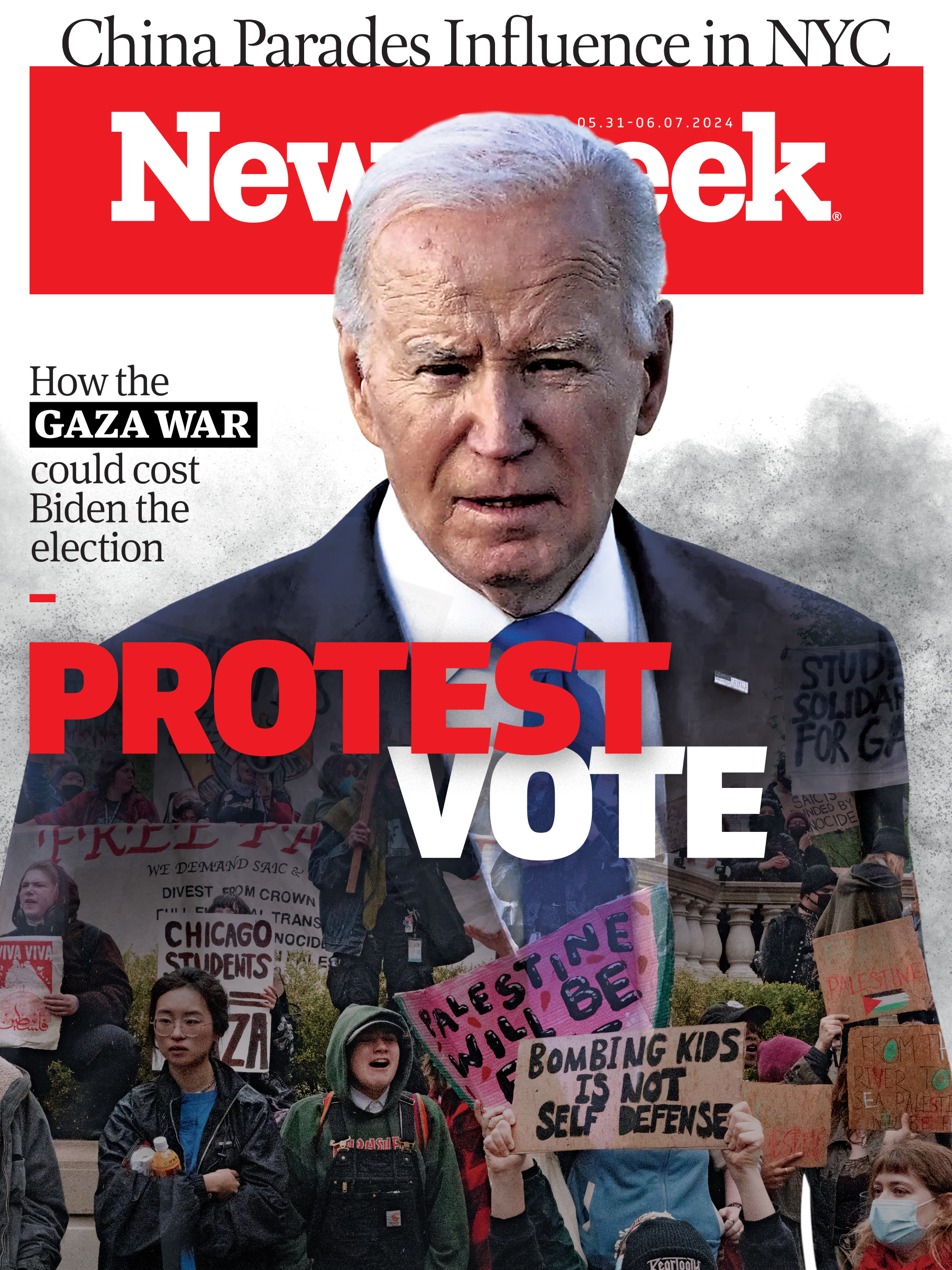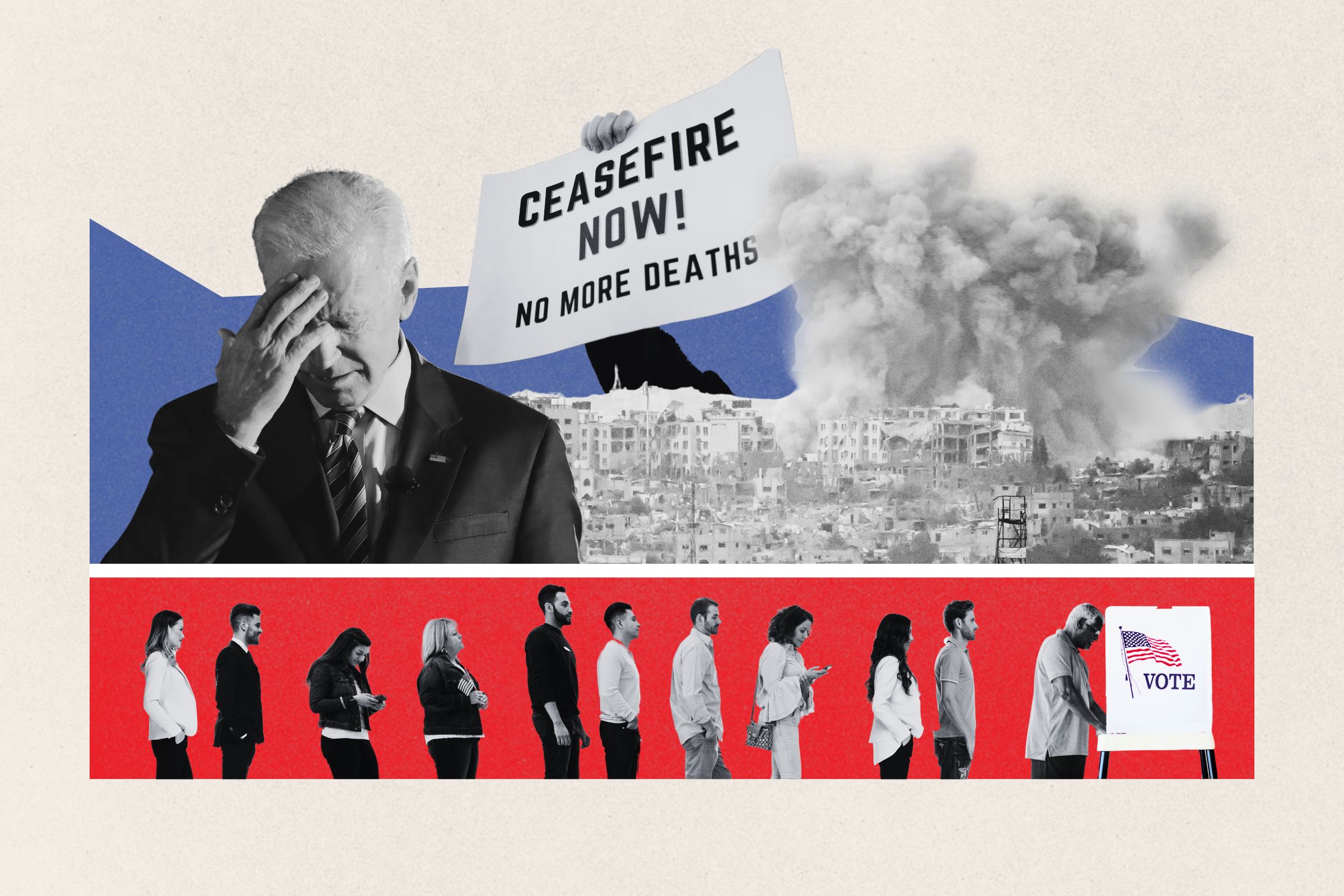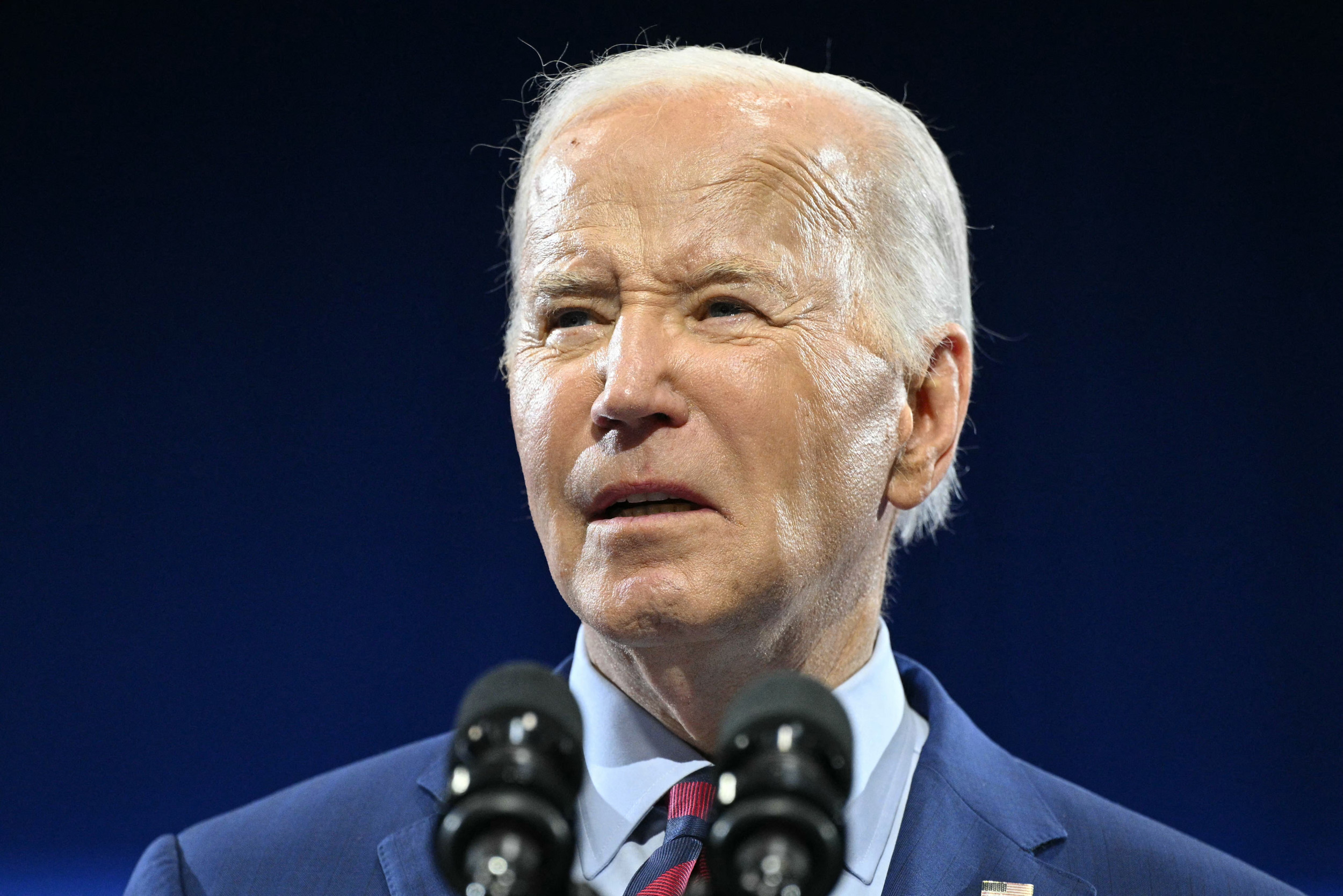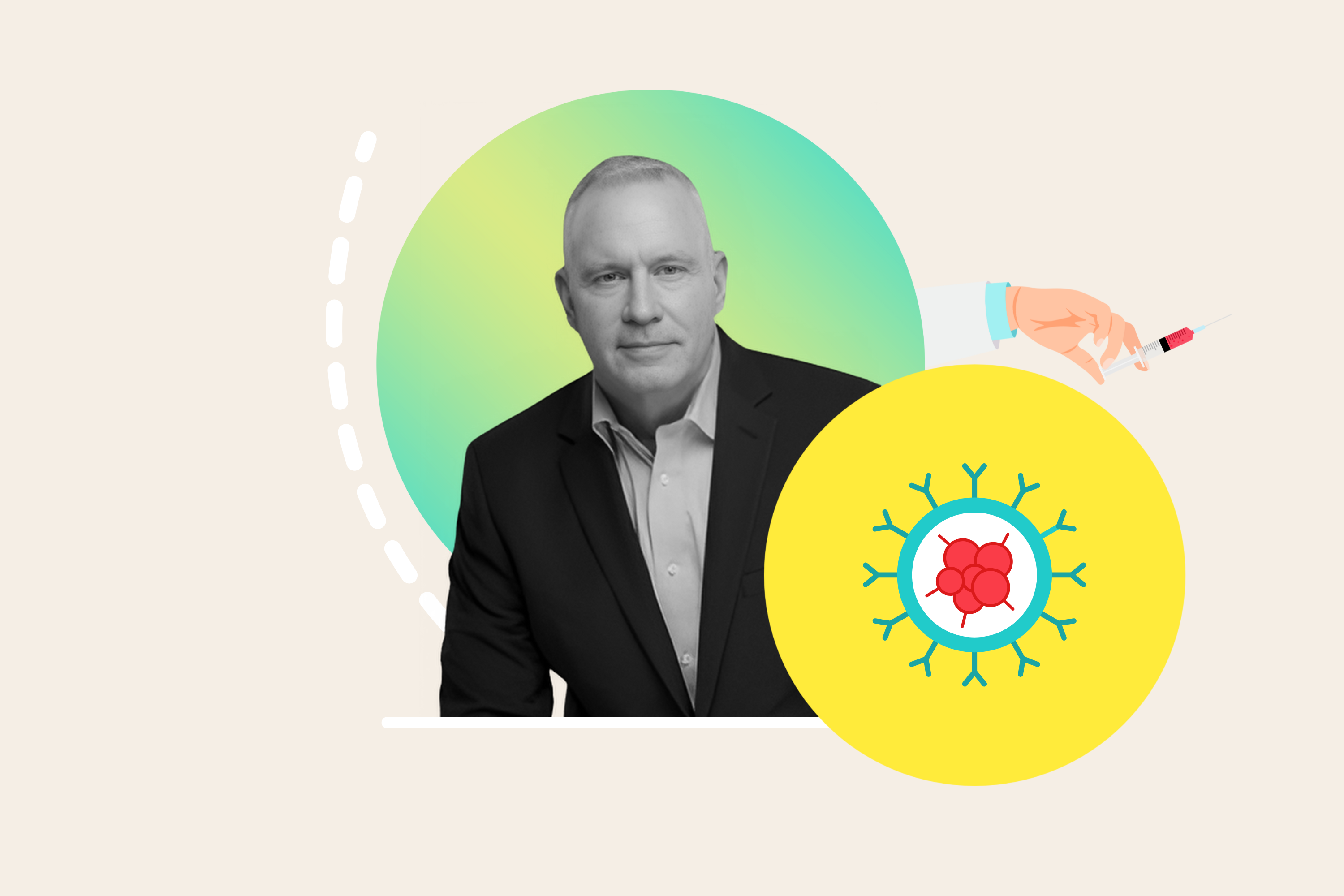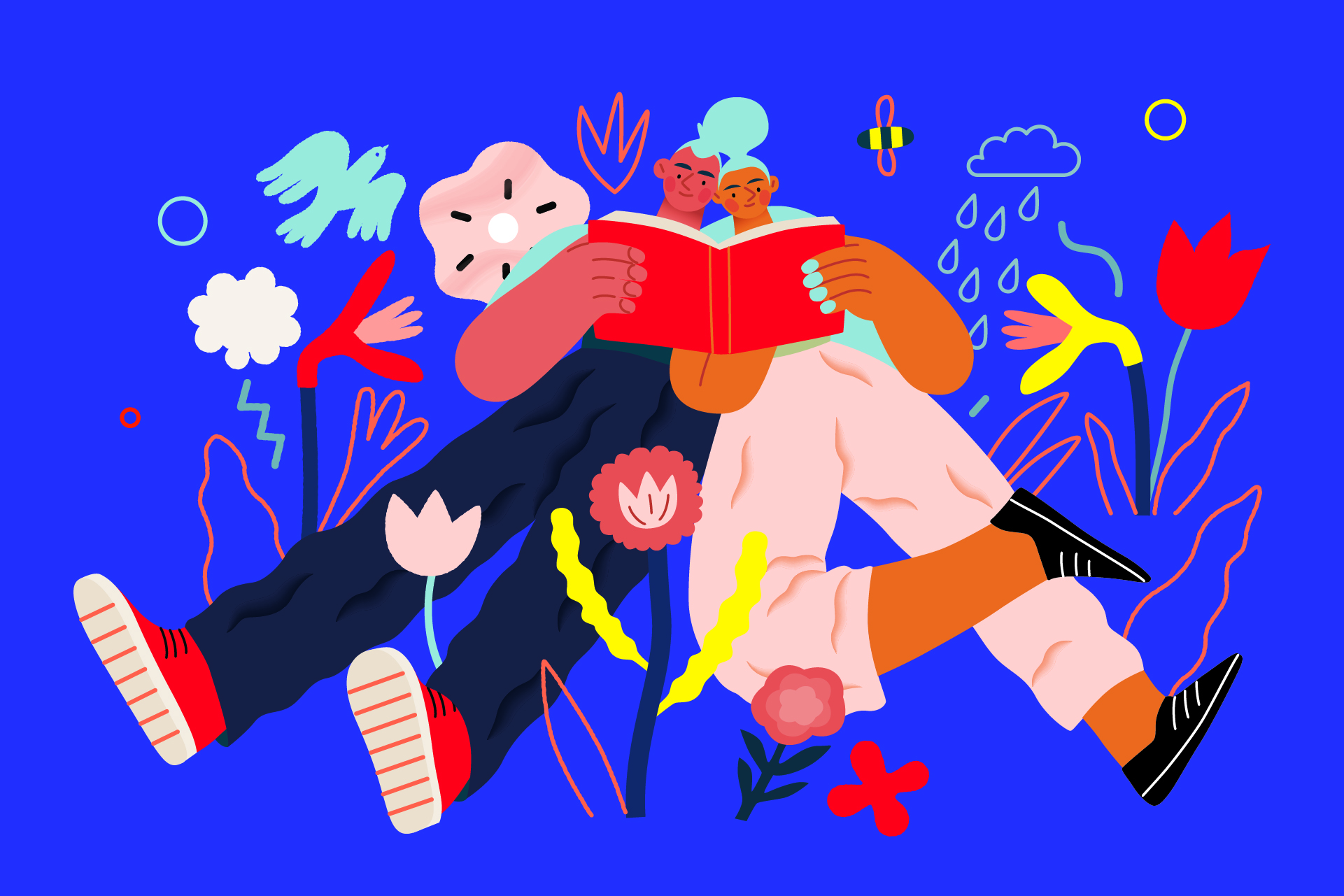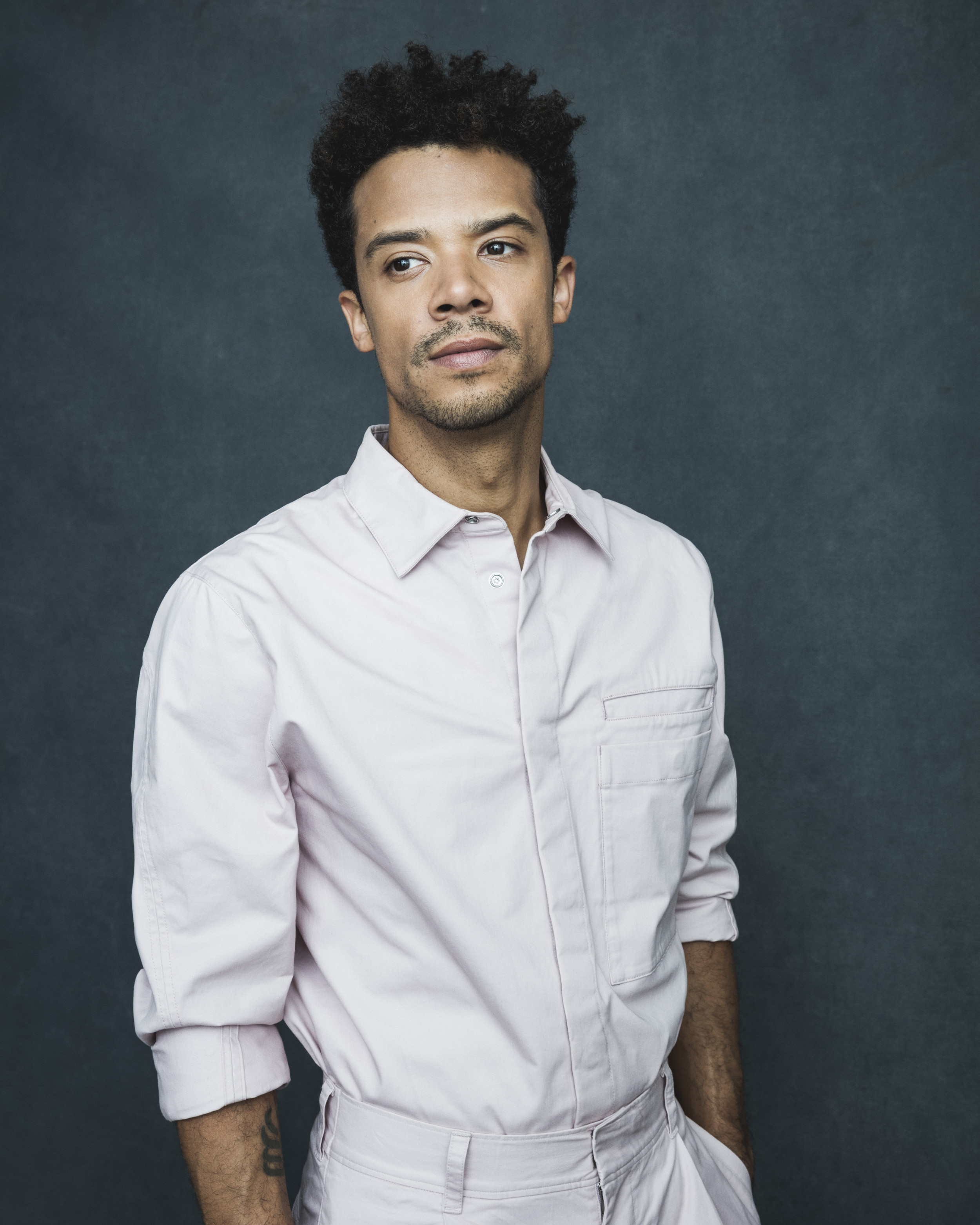
Seven years have passed since Patrisse Cullors and fellow activists Alicia Garza and Opal Tometi launched the Black Lives Matter movement in response to the acquittal of the man who killed Trayvon Martin, an unarmed Black teenager shot while walking home in Miami Gardens, Florida. Cullors talked with Newsweek chief correspondent Chantal Da Silva about what's changed since then, what hasn't and what the BLM movement means today, in the wake of George Floyd's death and its impact on the movement for racial justice. Here are edited excerpts from the interview.
In the years since you started the BLM movement up until George Floyd's death, did you feel like progress was being made?
It depends on how you define progress. I think that we had created an environment where police and the use of policing was being questioned, whereas before Black Lives Matter, there was an allegiance to law enforcement that they didn't deserve and that really needed to be challenged. So, when it comes to cultural conversation and popularizing this idea that the use of police inside our communities is incredibly toxic, I think we've had a lot of progress.
When it came to police discontinuing the killing and the brutality and the maiming and torturing of Black people, we've had less progress there. And I think that has a large part to do with the dedication that many elected officials, appointed officials and community members had to maintaining law enforcement's hold on the community.
What was it about George Floyd's death that sparked this international response?
A number of things. I think it's seven years of viral videos of Black people dying. I think it's multiple years of us watching white women call the police on Black people. I think it's multiple years of viral videos of Black men being kicked out of places like Waffle House, kicked out of everyday dining experiences. I think it's living under COVID-19 and Black people having the highest rates of dying and having little access to health care. I think it's millions of people being unemployed, including Black communities. And just a despair...And we're tired of this. Enough is enough.
It is a watershed moment. The entire world is saying, "Black Lives Matter."
You have also been a leader in calls to defund the police. Do you believe law enforcement should be defunded entirely?
Yes. I think we need to reimagine public safety. I think the way in which policing works right now in its current iteration is toxic, harmful and dangerous. When we're calling for defunding of law enforcement, we're actually calling for a reimagining of what keeps everybody safe and trying to challenge this idea that the way we hold people accountable is through more violence and more harm.
There are fears that protests might lead to further spread of COVID-19, but it's also being said that police brutality and racism are as much public health issues as coronavirus. What's your take?
I think it's scapegoating. [President Donald Trump], from the very beginning, when it came to the pandemic, has consistently undermined both science and the needs of communities across the country. I do not believe protesting has caused more COVID-19 positives. I think that it's Trump, who has opened up the country way too early and didn't provide the resources that communities demanded.
How do you feel to see people in countries around the world say those words, Black Lives Matter?
It's powerful. I feel very grateful...It was really moving. I also feel scared. Whenever we're effective in our organizing, there's a serious backlash. And I think we have to be mindful that in these moments, when we're winning, we have to be ready and prepared for the backlash, of what that looks like and how to counter it.
For people who want to be allies in this movement, what are the best ways for them to contribute?
Join something. Do not try to just tweet or be on social media talking about it. Join an organization. Think about what industry you're in. See what your industry can do to support defunding the police. See what your industry could do with reimagining public safety.
How are you feeling about the path ahead?
I feel optimistic. I feel inspired.
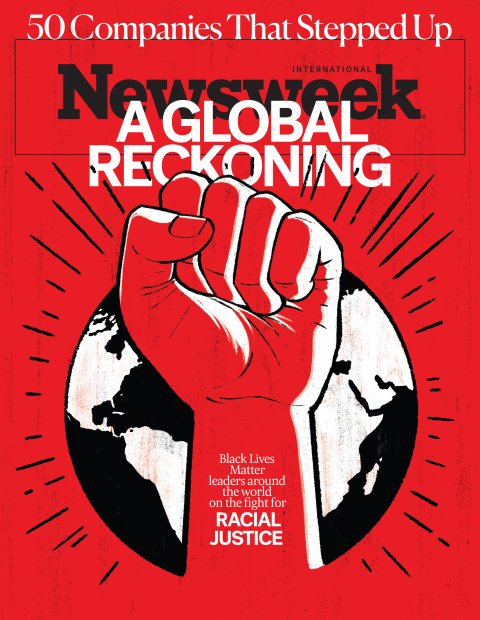
About the writer
Chantal Da Silva is Chief Correspondent at Newsweek, with a focus on immigration and human rights. She is a Canadian-British journalist whose work ... Read more


